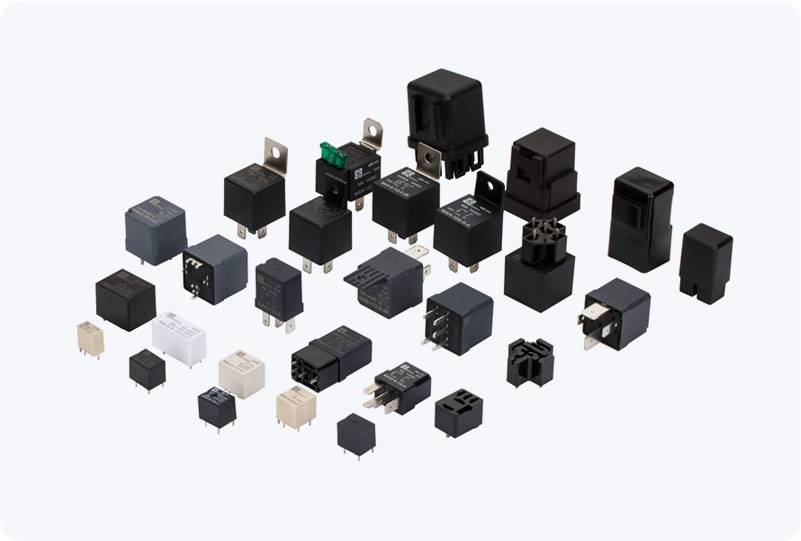Ground faults are a common and potentially hazardous issue in electrical systems, posing risks to both equipment and personnel. The Ground Fault Protection Relay (GFPR) is a critical device designed to protect electrical systems from such faults by detecting and isolating faults promptly. In this article, we will explore the importance, functions, and working principles of Ground Fault Protection Relays, along with their key applications in modern electrical systems.

What is a Ground Fault Protection Relay? A Ground Fault Protection Relay is an electrical protective device that detects faults that occur when a live electrical conductor unintentionally makes contact with the earth or a grounded part of the system. These faults can lead to equipment damage, safety hazards, or even fires. The relay operates by monitoring the system’s electrical parameters, particularly focusing on current imbalances or voltage discrepancies that indicate a ground fault. Upon detecting such imbalances, the GFPR initiates an alarm or shuts down the affected section of the system to prevent further damage.